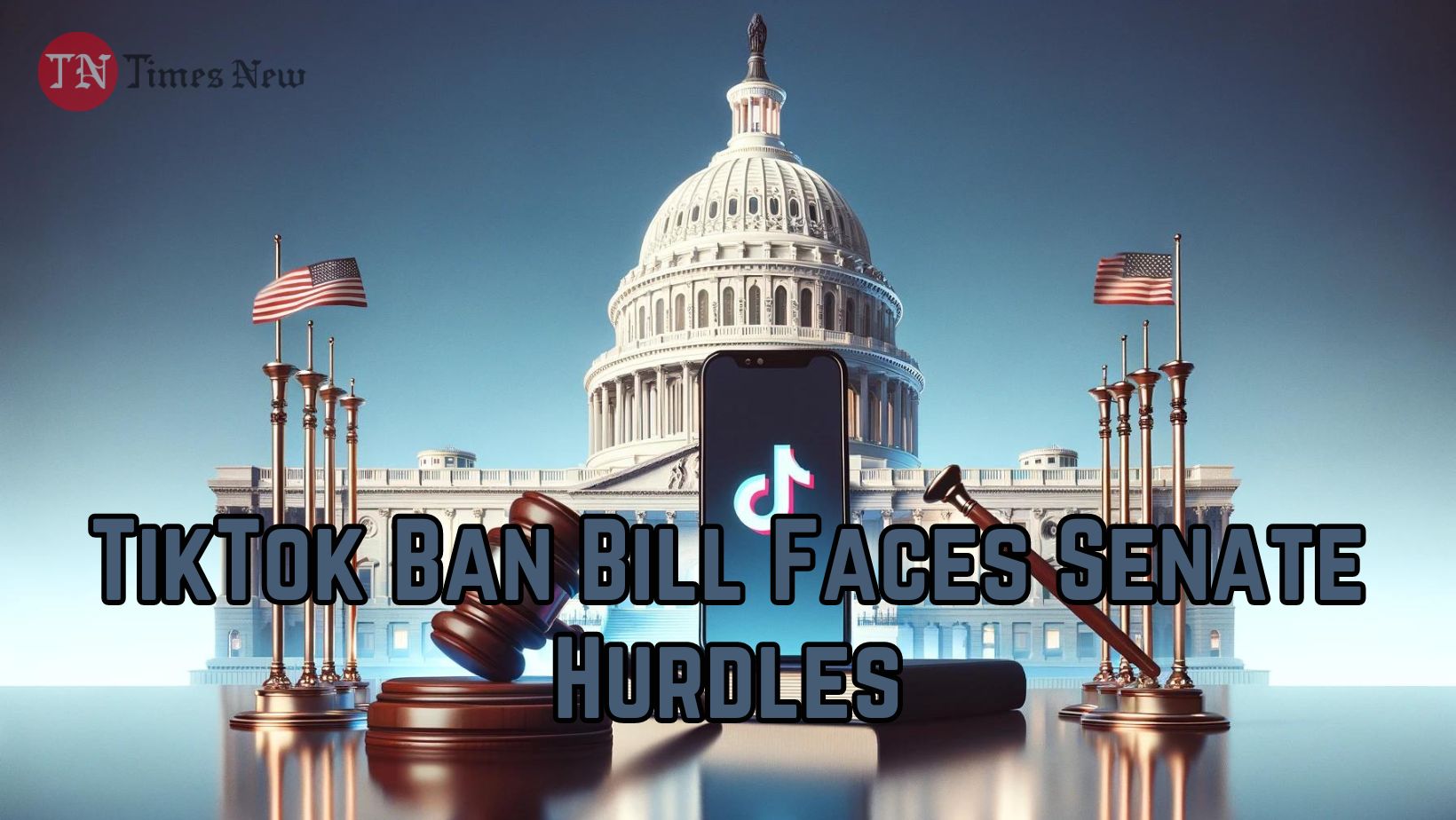
The U.S. House of Representatives recently passed the “Protecting Americans from Foreign Adversary Controlled Applications Act” with an overwhelming vote of 352 to 65, targeting the popular app TikTok and its Beijing-based parent company, ByteDance. The bill, which mandates ByteDance to sell TikTok within six months to maintain U.S. market access, has rapidly advanced through the House but now faces uncertain prospects in the Senate. While the bill received bipartisan support for addressing national security concerns associated with TikTok, it has also sparked a significant backlash from TikTok’s American user base and criticism from lawmakers over potential First Amendment violations.
Senate reactions to the legislation have been mixed, with some senators supporting the initiative due to national security concerns, while others, like Senator Rand Paul of Kentucky, have raised objections based on free speech considerations. The Senate’s slower pace and cautious approach have made the bill’s future uncertain, with Senate Majority Leader Chuck Schumer stating that the Senate will review the legislation and consult with relevant committees. Notably, Senators Mark Warner and Marco Rubio have expressed their support for the bill, emphasizing the bipartisan concern over TikTok’s potential risks to national security.
Despite the House’s swift action, the Senate’s deliberative process and the divided opinions among its members suggest that the path forward for the TikTok ban bill will be challenging. As the debate continues, TikTok and its supporters are urging the Senate to consider the broader implications for free speech and the economy, with TikTok CEO Shou Zi Chew calling on users to voice their concerns to their senators. The outcome of this legislative effort will have significant implications for the future of TikTok in the U.S., as well as for the broader discussion on technology, security, and free expression.
Pic Courtesy: google/ images are subject to copyright









